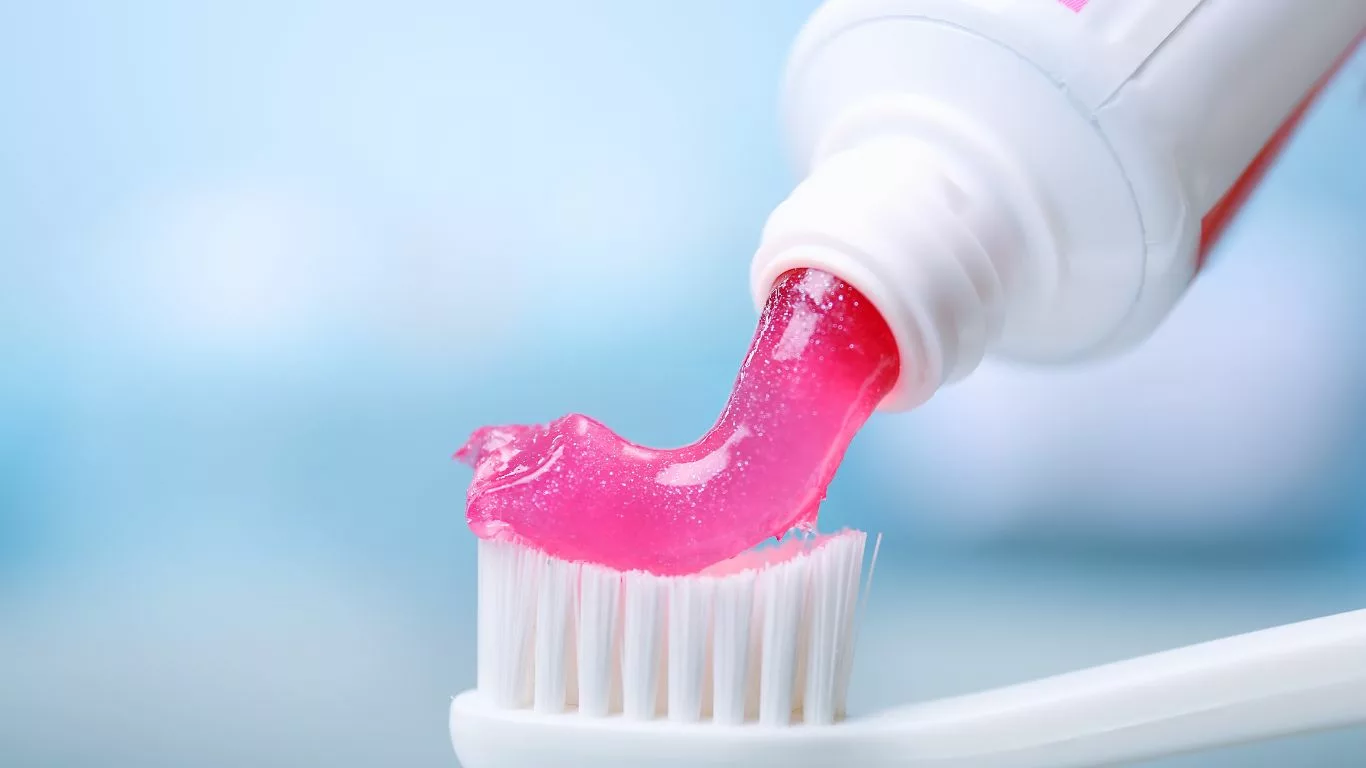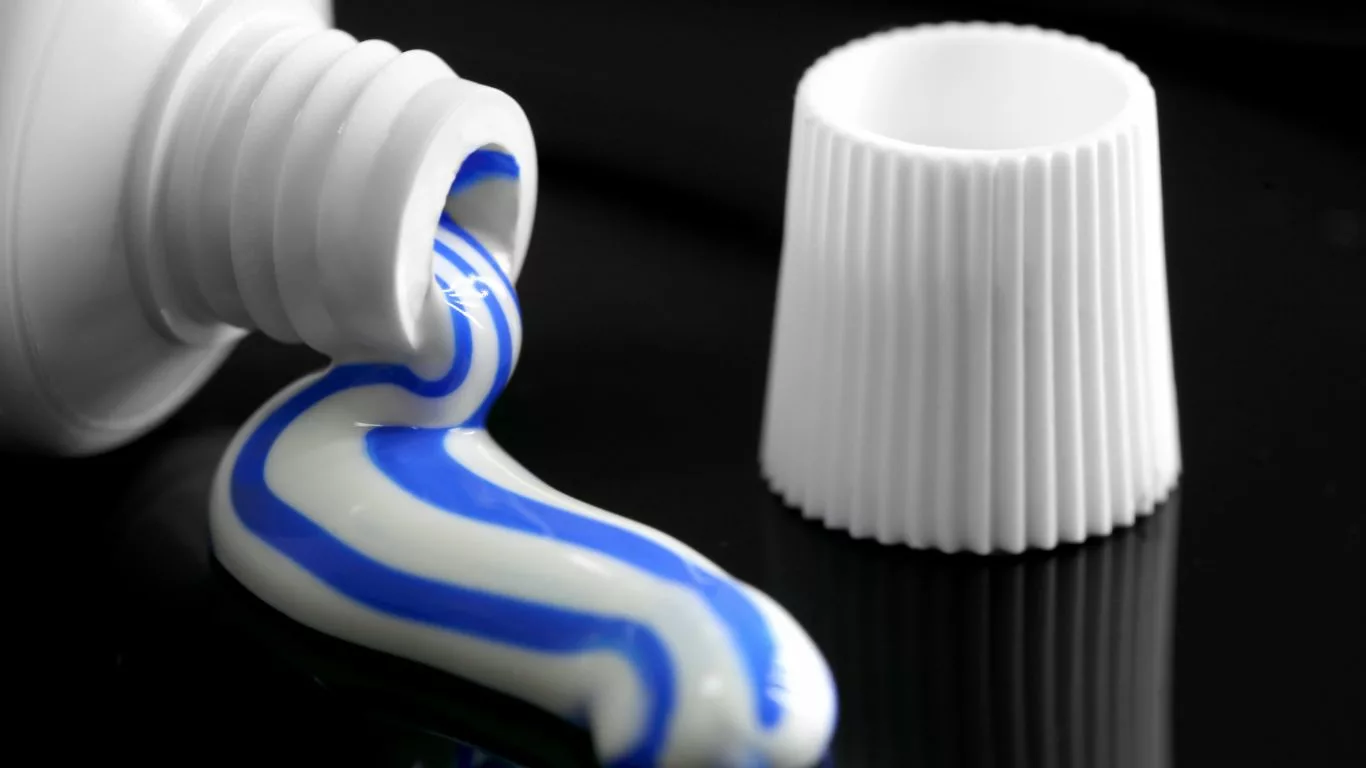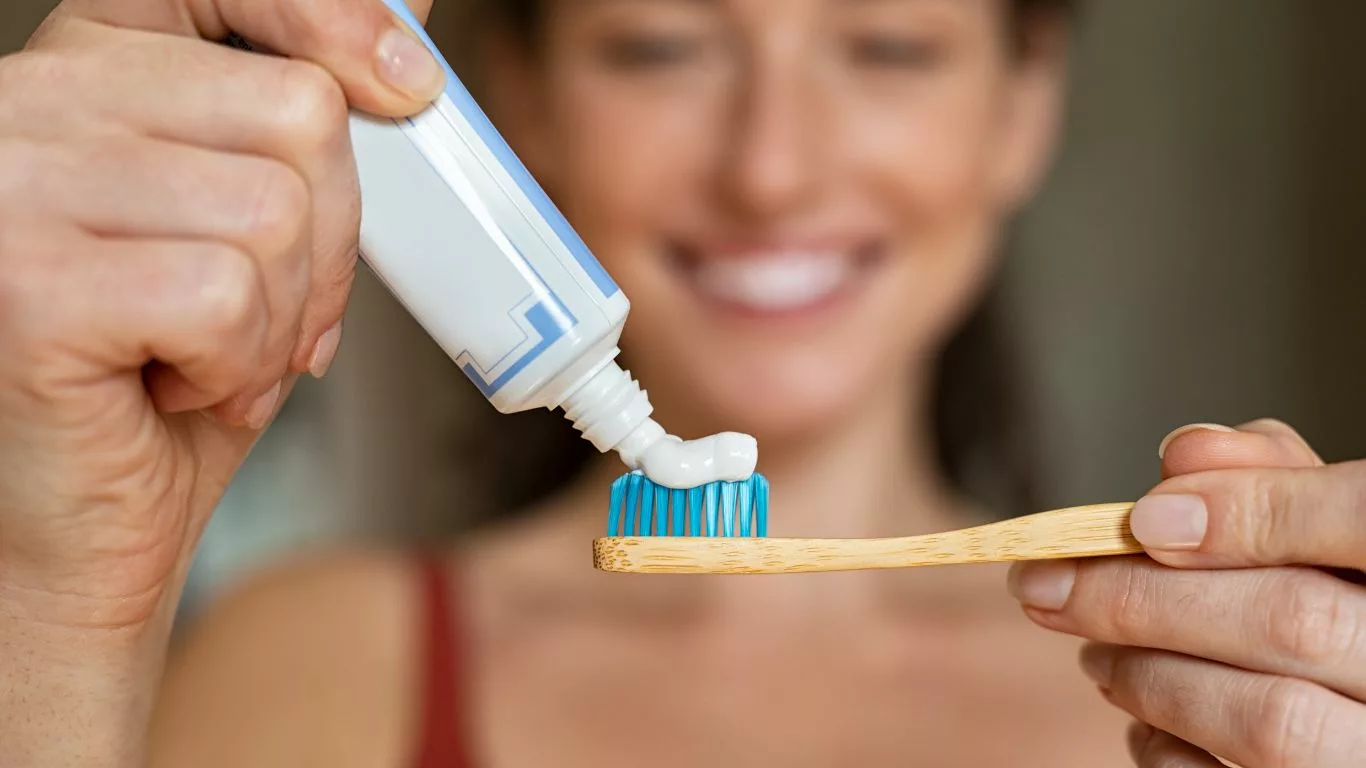Toothpaste for Acid Reflux Patients – Relief with Every Brush
Explore the benefits of using toothpaste tailored for acid reflux patients. Discover how it can offer relief and promote dental health in our comprehensive guide.
Acid reflux, a condition characterized by the backward flow of stomach acid into the esophagus, can wreak havoc not only on the digestive system but also on oral health. The erosion of tooth enamel and increased dental sensitivity are common concerns among individuals with acid reflux. While dietary and lifestyle changes play a crucial role in managing acid reflux, the choice of toothpaste can also make a significant difference. In this comprehensive guide, we’ll delve into the importance of selecting the right toothpaste for acid reflux patients, its benefits, and key considerations.

The Importance of Toothpaste for Acid Reflux Patients
Choosing the appropriate toothpaste is paramount for individuals managing acid reflux. Traditional toothpaste formulations may not address the unique needs of those with acid reflux, leaving them vulnerable to dental erosion and sensitivity. Toothpaste specifically designed for acid reflux patients can offer several benefits:
Protecting Tooth Enamel
Acid reflux increases the risk of enamel erosion due to the exposure of teeth to stomach acid. Toothpaste formulated for acid reflux typically contains ingredients aimed at strengthening tooth enamel and minimizing erosion, helping to preserve dental health.
Reducing Dental Sensitivity
Many acid reflux patients experience heightened dental sensitivity, particularly to hot, cold, or acidic foods and beverages. Specialized toothpaste often includes desensitizing agents that help alleviate discomfort and improve overall oral comfort.
Promoting Oral Hygiene
Maintaining good oral hygiene is crucial for acid reflux patients to prevent complications such as tooth decay and gum disease. Acid reflux-friendly toothpaste not only cleans teeth effectively but also supports oral health by targeting specific concerns related to acid exposure.

Key Ingredients to Look For
When selecting toothpaste for acid reflux, consider the following key ingredients known for their beneficial properties:
Fluoride
Fluoride is essential for strengthening tooth enamel and preventing tooth decay. Look for toothpaste containing fluoride to provide optimal protection against acid-induced enamel erosion.
Calcium Carbonate
Calcium carbonate acts as a gentle abrasive that helps remove surface stains and plaque while contributing to enamel remineralization. It can help counteract the effects of acid erosion on tooth enamel.
Potassium Nitrate
Potassium nitrate is a common desensitizing agent found in toothpaste formulations for sensitive teeth. It works by blocking the transmission of nerve signals, reducing sensitivity and discomfort caused by acid exposure.

Usage Tips
To maximize the benefits of acid reflux-friendly toothpaste, consider the following usage tips:
Brush Twice Daily
Maintain a consistent oral hygiene routine by brushing your teeth with acid reflux toothpaste at least twice a day, preferably after meals and before bedtime, to remove plaque and bacteria effectively.
Use Gentle Brushing Technique
Avoid aggressive brushing, as it can further damage weakened enamel. Instead, use a soft-bristled toothbrush and gentle, circular motions to clean teeth and gums thoroughly without causing irritation.
Combine with Mouthwash
For comprehensive oral care, consider using a fluoride mouthwash formulated for acid reflux patients in conjunction with toothpaste. Mouthwash can reach areas of the mouth that brushing may miss and provide additional protection against acid-related dental issues.

Considerations and Precautions
While toothpaste tailored for acid reflux can offer significant benefits, it’s essential to keep the following considerations in mind:
Consult with a Dentist
Before switching to a new toothpaste specifically for acid reflux, consult with your dentist. They can assess your oral health needs and recommend the most suitable products based on your individual concerns and medical history.
Monitor Oral Health Changes
Regularly monitor your oral health for any changes or symptoms, such as increased dental sensitivity or signs of enamel erosion. Promptly report any concerns to your dentist for evaluation and appropriate management.
Adhere to Usage Instructions
Follow the manufacturer’s instructions for using acid reflux-friendly toothpaste, including recommended brushing techniques and frequency. Overuse or improper application may compromise dental health or lead to undesirable outcomes.

Conclusion
Choosing the right toothpaste is crucial for individuals managing acid reflux to maintain optimal oral health and minimize the risk of dental complications. Toothpaste formulated specifically for acid reflux patients offers targeted benefits, such as enamel protection and sensitivity relief, to address the unique challenges posed by acid exposure. By incorporating acid reflux-friendly toothpaste into a comprehensive oral hygiene routine and seeking guidance from dental professionals, individuals can safeguard their smiles and enjoy improved dental comfort and well-being.
Appendices
References
For further exploration of the topic of toothpaste for acid reflux patients, consider reviewing the following references:
- Santos, A., Weidlich, P., & Ardenghi, T. M. (2010). Functional Dentifrice Usage and Dental Plaque Removal: A Clinical Study Comparing a Dentifrice Containing 1.5% Arginine, an Insoluble Calcium Compound and 1,450 ppm Fluoride to a Dentifrice Containing 1,450 ppm Fluoride Alone. Journal of Clinical Dentistry, 21(4), 88-93. Read Article
- Attin, T., & Meyer, C. (2022). Dentifrices: The Good, the Bad and the Ugly. Monographs in Oral Science, 29, 27-35. Read Article
- Zero, D. T., & Lippert, F. (2017). Clinical Efficacy of 5% Strontium Chloride in Toothpaste: Preclinical and Clinical Studies. Journal of Clinical Dentistry, 28(2), 61-67. Read Article
FAQs
Here are some frequently asked questions about toothpaste for acid reflux patients:
- Is toothpaste specifically designed for acid reflux safe for daily use? Yes, toothpaste formulated for acid reflux patients is generally safe for daily use as long as it is used according to the manufacturer’s instructions. However, it’s advisable to consult with a dentist before starting any new oral care regimen.
- Can toothpaste for acid reflux help with other dental issues? While toothpaste for acid reflux primarily targets enamel protection and sensitivity relief, it may also provide benefits for other dental issues such as tooth decay and gum disease prevention. However, individual results may vary.
- Are there any potential side effects of using toothpaste for acid reflux? Side effects are rare, but some individuals may experience temporary sensitivity or irritation, especially if they have pre-existing oral health conditions. If you experience any adverse reactions, discontinue use and consult with a dentist.
Related Table
Here’s a summary table of key information regarding toothpaste for acid reflux patients:
| Aspect | Information |
|---|---|
| Key Ingredients | Fluoride, calcium carbonate, potassium nitrate |
| Benefits | Enamel protection, sensitivity relief, plaque removal |
| Precautions | Consult with a dentist, monitor oral health changes, adhere to usage instructions |
Note: Individual responses to toothpaste formulations may vary, and it’s important to seek personalized advice from a dental professional.
Disclaimer: The information provided in this article is for educational and informational purposes only. It is not intended to be a substitute for professional dental advice, diagnosis, or treatment. Always seek the advice of your dentist or other qualified oral health provider with any questions you may have regarding a dental condition. Never disregard professional dental advice or delay in seeking it because of something you have read in this article. Reliance on any information provided in this article is solely at your own risk.

Camellia Wulansari is a dedicated Medical Assistant at a local clinic and a passionate health writer at Healthusias.com. With years of hands-on experience in patient care and a deep interest in preventive medicine, she bridges the gap between clinical knowledge and accessible health information. Camellia specializes in writing about digestive health, chronic conditions like GERD and hypertension, respiratory issues, and autoimmune diseases, aiming to empower readers with practical, easy-to-understand insights. When she’s not assisting patients or writing, you’ll find her enjoying quiet mornings with coffee and a medical journal in hand—or jamming to her favorite metal band, Lamb of God.







